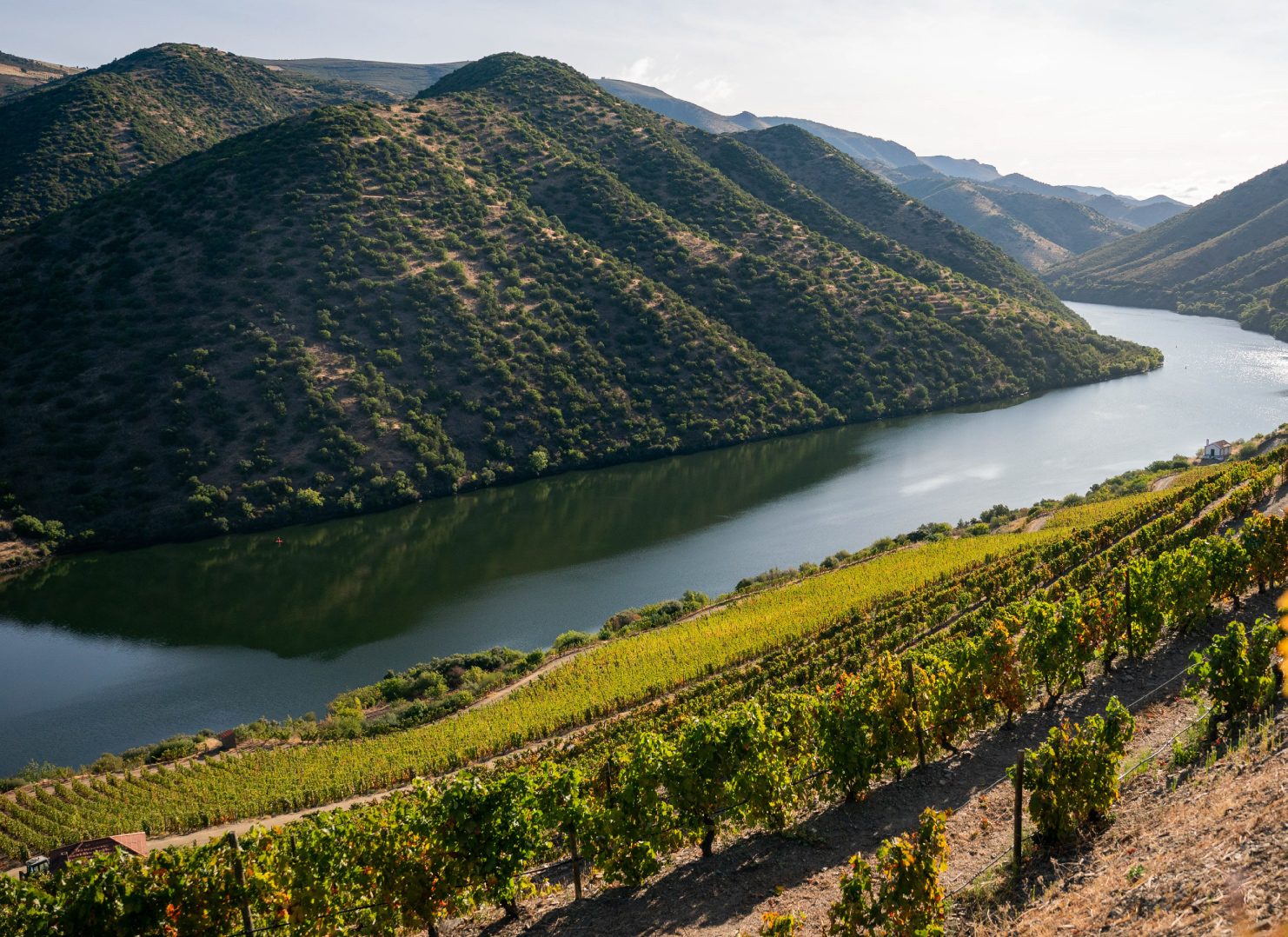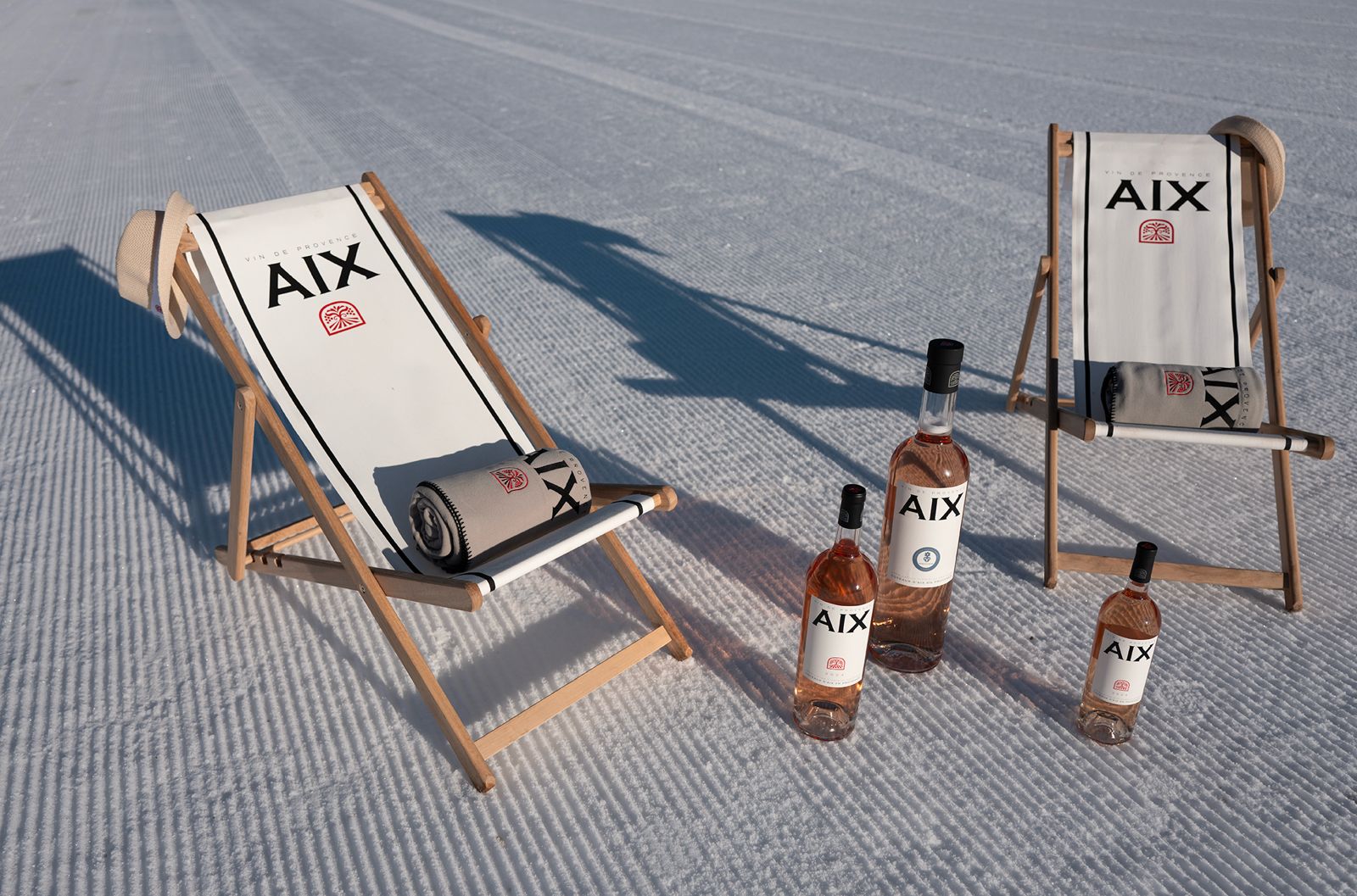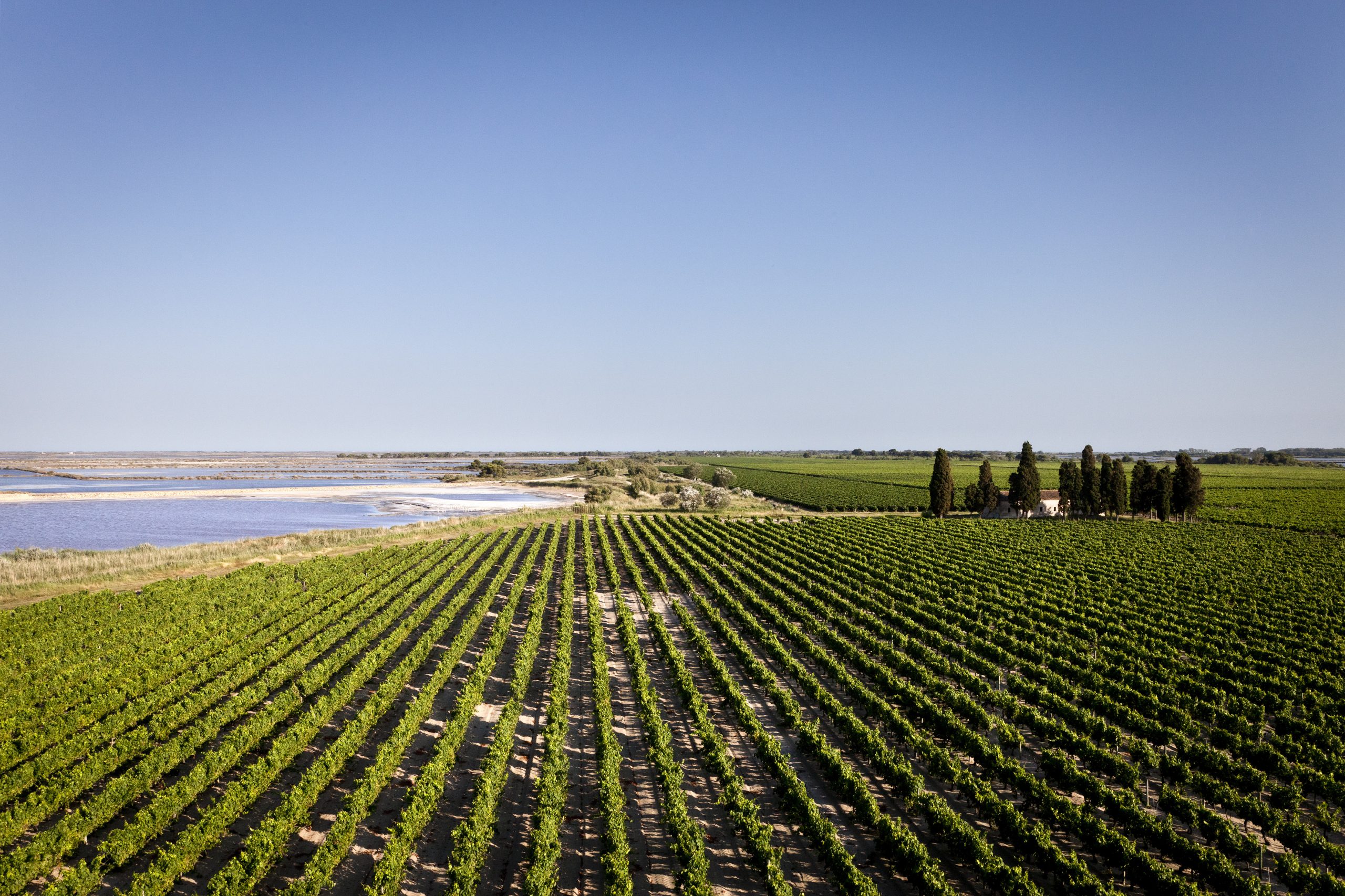UK considers mandatory calorie labelling on restaurant menus
The UK government is considering proposals that would make it mandatory for restaurants, cafes and takeaways to include the calorie information of their dishes on menus.
The strategy, unveiled on Sunday, has been proposed to further the government’s efforts to halve the number of obese children in the UK by 2030, as reported by The Telegraph.
Health secretary Jeremy Hunt told the BBC on Sunday that the government would consider exempting small restaurants from having to list calorie counts, but that “all the big chains that we go to, they must give people that information”.
Alison Tedstone, chief nutritionist at Public Health England (PHE), said: “Having a takeaway or eating out is no longer a treat, it’s a regular part of everyday life, yet too often menus are information free zones.”
New York City has already brought in a similar policy that requires restaurants and stores to state the calories contained in prepared foods.
The plans will also see a ban on advertising of unhealthy foods on television before 9pm, while supermarkets will be told to get rid of “guilt lanes” aimed at children, such as chocolate and sweets.
The drinks industry has already made moves to add calorie information to its products. Earlier this year The Scotch Whisky Association backed a joint proposal submitted to Brussels by the drinks trade on calorie labelling, which promises to ensure that nutritional and ingredient information will be available on all beer, wine and spirits sold in the EU by 2022.
Partner Content
It followed a report by the EU Commission last year that invited members of the trade to present a self-regulatory proposal within one year to provide calorie and nutrition labelling on alcoholic beverages, if it wanted to avoid being handed a labelling system.
That decision came after members of the European Parliament backed calls for compulsory calorie labelling on alcoholic drinks in 2015.
The changes will make nutrition labelling mandatory across the board, but within a self-regulatory framework for which the drinks trade will have significant input over, if an agreement can be reached.
The aim is to effectively close a loophole within a previous ruling that came into effect in 2011 which made it mandatory for all foods, including alcoholic beverages, to provide an ingredient and nutrition declaration, but which saw beverages carrying an abv of more than 1.2% exempt.
Many producers, including Diageo, Treasury and ABInBev, have already made voluntary arrangements to provide ingredient and nutritional information on a voluntary basis.




